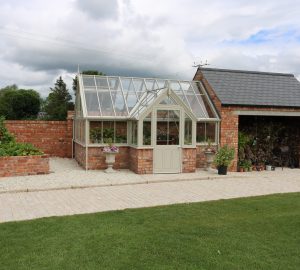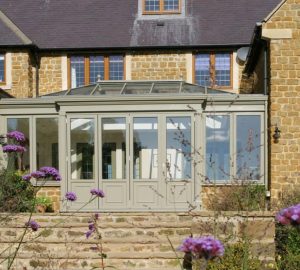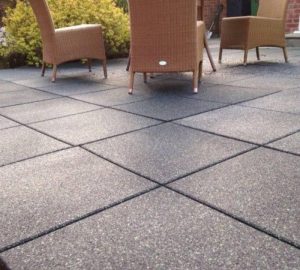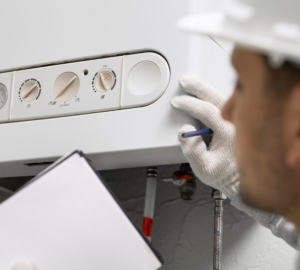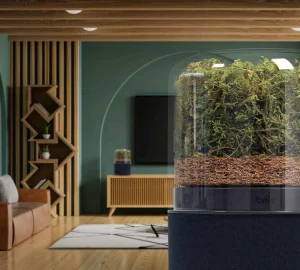
It’s not that long ago that a concern for the environment was something that would mark you out as a hippie.
People were also called an eco-warrior, or tree-hugger without real things to worry about. Slowly but surely, governments started to realise that this image was incorrect and that these “tree-huggers” had valid concerns and were in fact “real people” with real issues.
It started making its way into their manifesto pledges. Usually somewhere near the back, granted, but there nonetheless.
These days, there are still some hold-outs. There are plenty of people who will say “But I’m just one person, I can’t make a difference!” as though the fact that their neighbours don’t bother to recycle means that the whole idea is a bad one.
It’s tough to convince some people that, if they live sustainably, the results and the benefits aren’t just an idea. They’re not simply a nice concept. If you do it right, green living is something with direct, immediate benefits. For you, not just the planet.
How Green Do You Drive?

We look at the cars we drive from various points of view. We consider how practical they are, how much fun they are to drive and how much they cost to run.
Some people look at their cars as status symbols, which goes some way to explaining the proliferation of 4×4 people carriers. They’re dangerous in the cities and towns, and guzzle fuel. If you work on a farm, you potentially have an excuse. Otherwise, no.
At the same time, it must be recognised that greener vehicles are coming on in the leaps and bounds, but electric cars do still have great room for improvement, especially regarding the infrastructure to charge on long journeys and when you live in a flat placing the charger is near on impossible.
How Efficient Is Your Home

There have been more than enough public awareness campaigns over recent years aimed at getting people to use less electricity. The reasoning is sound, too.
The more demand we put on the grid, the more fossil fuels get used. The more we do that, the quicker we run out of natural resources. That hurts the planet, but it also makes energy more expensive. And energy prices seem set to rise again.
Government grants which existed for the purpose of making homes more energy efficient have now dried up, sadly. However, taking the cost on yourself might be the best choice you make, taking a bit of short term pain for long term gain.
You will spend less money heating your home, the less heat you let out. Compare Double Glazing Prices with what you spend in a year on heating. Remember that you pay for new windows once in a blue moon, but for energy every month.
How Much Do You Put Back?

Every once in awhile, you’ll read or hear someone ranting about how “they” are “snooping” on “our” household waste management. Fines for fly-tipping are imposed more and more frequently these days.
Households now need to think about how much waste they throw out, and what they recycle. But it’s worth bearing in mind that recycling isn’t just about what you put in those orange bags.
You may or may not be a keen gardener – but you can be sure that some people in your local area are. Much of what you throw out – in your main bin or recycling – can be turned into compost. If you don’t expect to use it yourself, it can be sold for a small amount. Bear in mind that it will otherwise go to landfill, so even a penny is profit. And less of a demand on local resources.
>You can do a great deal for the environment without actually doing a lot of work and, importantly, without spending much money. The excuses that people offer for not being greener are, increasingly, just that. Excuses.
You can collect rainwater – which will soon be in plentiful supply – in a water butt and reuse that around the home and garden. The equipment costs less than a takeaway meal for two – and will cut your bills drastically.
None of these benefits are anything that you need to think globally to appreciate. They work in your home, and they work now. So if you’re one of those holdouts imagining that you can’t make much difference on your own, adjust your thinking.
Small changes you make today can add up in no time at all.



